Sygnature Discovery Turns 15 – Celebrate With Us!
Sygnature turns 15 on 5 October 2019, and those 15 years have passed very quickly. At the outset, we could not have imagined how the company would grow, in size, capabilities and complexity.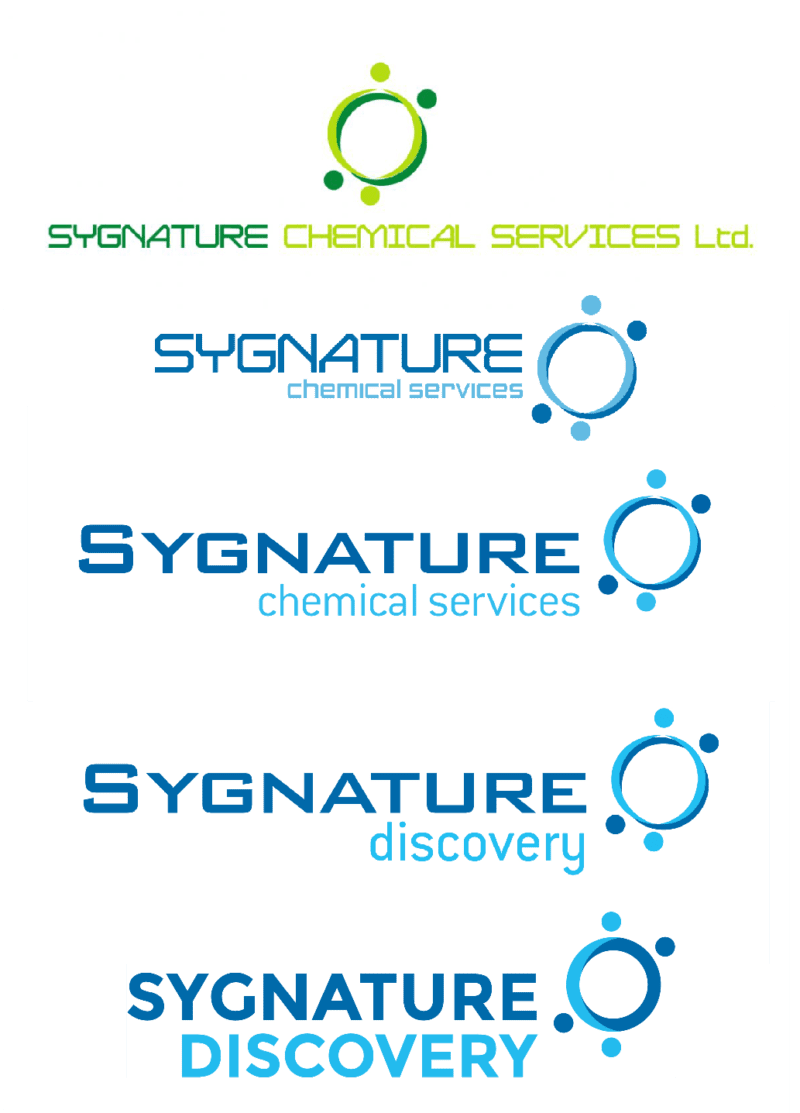
We started out with just five employees in a small lab in the then-new BioCity campus in Nottingham. We now employ 350 people located at sites, BioCity Nottingham and Alderley Park in Cheshire. Sygnature also has an office in Cambridge, Massachusetts.
By the time Sygnature reached its 10th anniversary in 2014, our turnover had become £8.5m. It’s quadrupled in the five short years since then – having grown to £29m in 2018. Our sales and profitability have been accelerating well beyond that of the already buoyant global drug discovery contract research organisation (CRO) sector.
While Sygnature was founded as a chemistry services company, we have significantly expanded our capabilities in the drug discovery space. As well as drug design and synthesis, we now offer a wide range of early discovery research services such as DMPK, in vitro assay development, computational chemistry and in vivo pharmacology. We have come a long way, and Sygnature is now the largest independent drug discovery CRO in the UK, with customers all over the world from the US West Coast to Japan.
Dr Simon Hirst, CEO and founder of Sygnature Discovery shares his thoughts around this new milestone.
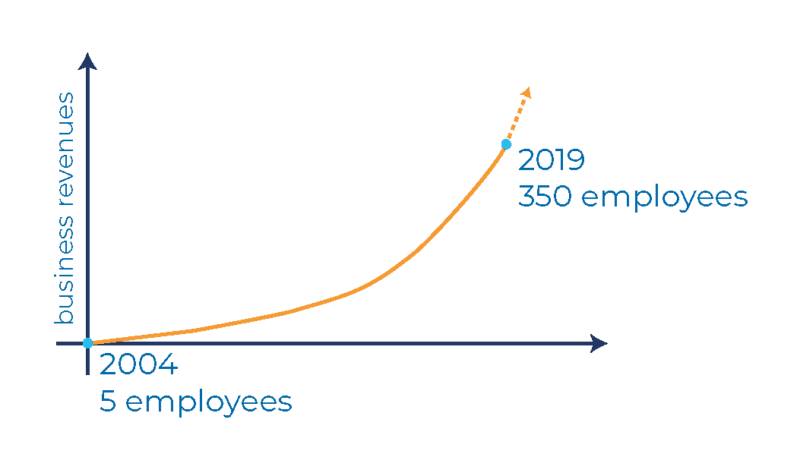
Outsourcing expansion
I always had the view that the outsourcing model offered significant advantages over the traditional pharmaceutical model. However, back in 2004, outsourcing was mainly a development activity. The sense in outsourcing active pharmaceutical ingredient (API) synthesis, secondary manufacture and even clinical trials was clear. But the early research part of the pharmaceutical pipeline was perceived as the ‘crown jewels’ that could never be outsourced, as it represented a core skill of large pharmaceutical companies.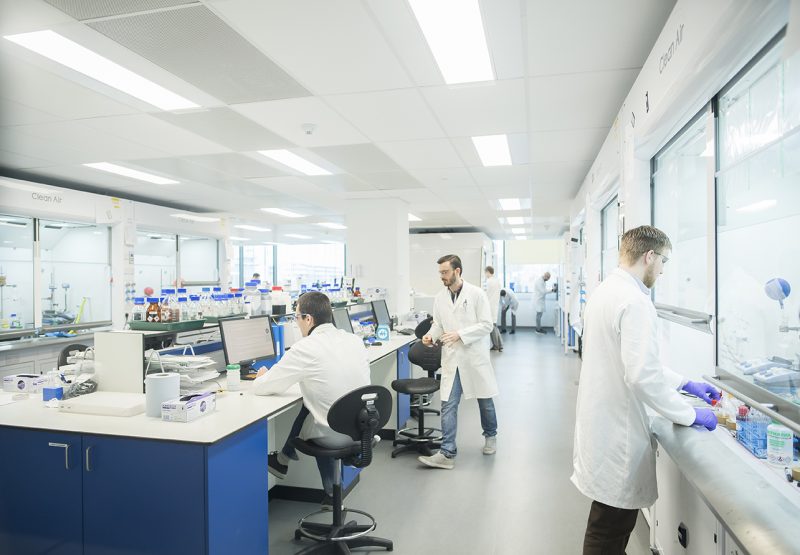
There has been a huge transition in the industry since then. Many pharmaceutical companies are now entering into strategic alliances with CROs like Sygnature. No longer are they merely looking to gain additional capacity – ’big pharma’ companies are accessing external skills and expertise in diverse therapeutic areas via true partnerships. Some are even, effectively, outsourcing the work of entire departments to expert external service providers.
The industry is changing, and Sygnature has changed a lot too. While we are still predominantly based at BioCity in Nottingham, we are moving towards a multi-site model. We have already established a DMPK laboratory at Alderley Park in Cheshire, in the former AstraZeneca site. This is a relatively small space at the moment, but we will be substantially increasing our footprint there in the coming months. This second site gives us access to excellent research facilities and another pool of highly-talented drug discovery scientists.
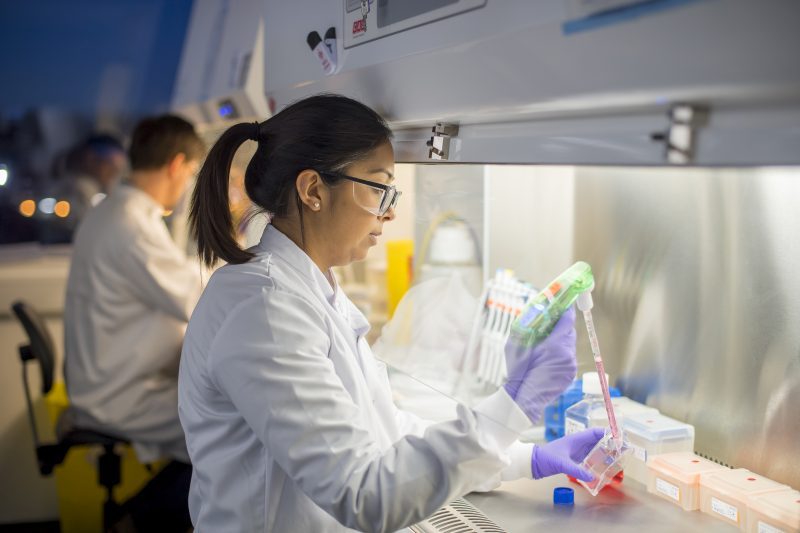 Science has always been the real driver for me. It was never one of my goals to run a company this size, but it allows us to run more projects – and more challenging projects that require novel approaches and strategies. We have always viewed the most important metric of our success as being the number of drugs that reach the clinic. We’ve now designed 30 compounds for clients that have entered pre-clinical development, and 14 of these have thus far been dosed to healthy volunteers and patients. Already we are seeing examples of patients whose lives have been saved through compassionate use.
Science has always been the real driver for me. It was never one of my goals to run a company this size, but it allows us to run more projects – and more challenging projects that require novel approaches and strategies. We have always viewed the most important metric of our success as being the number of drugs that reach the clinic. We’ve now designed 30 compounds for clients that have entered pre-clinical development, and 14 of these have thus far been dosed to healthy volunteers and patients. Already we are seeing examples of patients whose lives have been saved through compassionate use.
If we were to run Sygnature Discovery only focused on financial outcomes, some of the decisions we have made over the years would certainly have been different. Although the financial bottom line is important, high quality science and delivering drugs are equally important to us. We are not afraid to tell clients that a project is unlikely to succeed when it becomes clear that the science does not support it, even though we will take a financial hit. It would not be good for them, for our reputation or, in the long term, patients, to continue.
Looking to the future
We underwent a huge change two years ago when we took private equity investment from Phoenix Equity Partners. We had operated for 13 years with no external investment at all, and every Sygnature shareholder was a company employee. It was important to us that we found an investment partner who understood the importance of culture to us, and were comfortable with taking a long-term view of the business. We found that in Phoenix.
The investment has allowed us to expand further via acquisition, something that is difficult for a small, privately-held, company to contemplate because of the inherent risks. The investment allowed us to acquire the world-renowned in vivo pharmacology group RenaSci, which focuses on brain disorders, addiction and drug dependency, diabetes, obesity and liver diseases, such as NASH. So, this acquisition enables us to identify which drugs might create dependency or addiction before they enter the clinic. This is now a legal requirement, and there are very few research groups around the world with the necessary understanding and depth of knowledge to do this.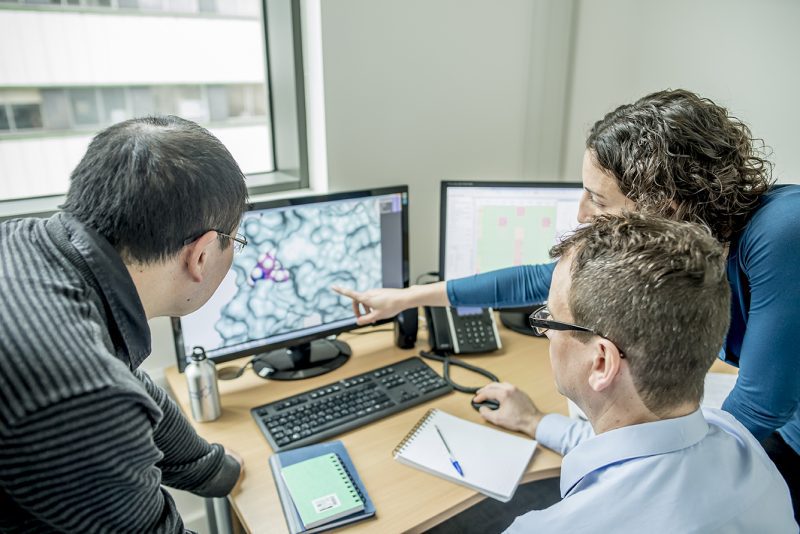
There are still many more things we want to do to improve and expand the business. For example, at the start of a drug discovery programme identifying compounds which can be optimised and thereby have the potential to become drug candidates is paramount. To enable this, Sygnature has recently built a high-throughput screening platform and assembled a unique 150,000 compound collection. We will make this accessible to everyone, including small biotechs, to help pinpoint good starting points for their drug research programmes.
At the other end of the drug discovery timeline, we want to be able to support customers further into the pre-clinical stage of development, with activities such as good laboratory practice (GLP) bioanalysis and robust and predictive in vivo disease models. We have other new techniques and advances in planning, too, including new computational chemistry approaches, such as augmented reality (AR).
This is where Sygnature Discovery is now, but it is not the end of the journey. I am really delighted how the business has grown, which would have been impossible without our incredibly fruitful collaborations with clients. I’m also very proud of what our talented team of scientists has achieved in the past 15 years and look forward to many more scientific breakthroughs and – drugs with their roots at Sygnature improving the lives of patients.
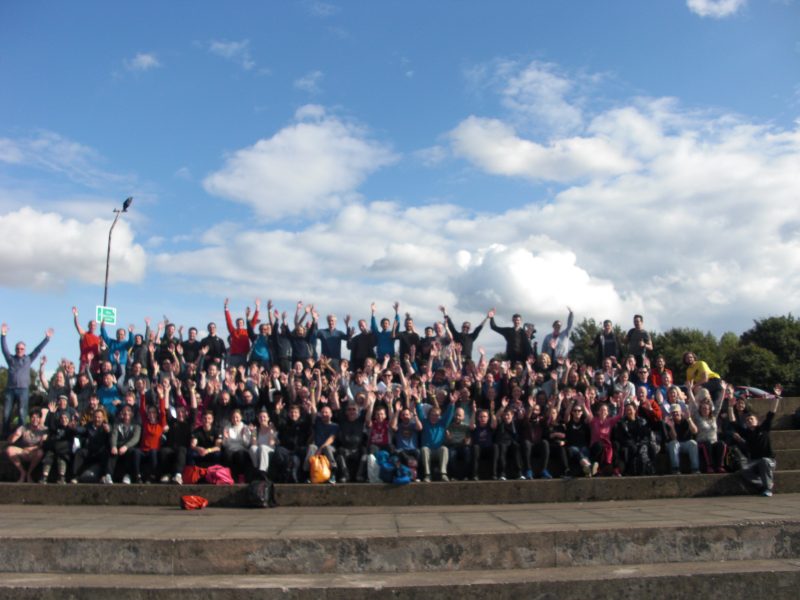
We continually engage with our industry on a range of drug discovery topics. If you would like to discuss drug discovery, our capabilities or what we are about then we’d love to hear from you. You can get in touch by using any of the contact forms.
